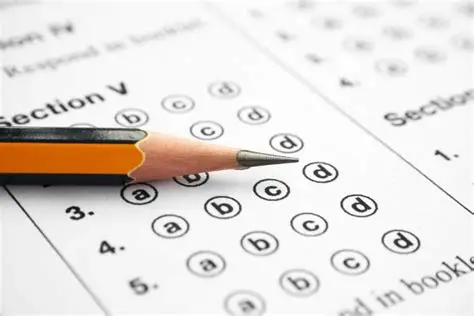Why Should Students Participate in Model United Nations (MUN)?
If you’ve ever wondered why students are encouraged to join Model United Nations (MUN), this blog is here to explain the value behind it. MUN offers high school students an immersive experience in international relations and diplomacy, simulating how the United Nations facilitates peaceful coexistence among nations in an ever-changing world. Participating in MUN helps students cultivate crucial skills such as critical thinking, research, writing, public speaking, and debate — all while gaining a deeper understanding of global issues. Model United Nations or MUN is a platform for high school students to build knowledge of international relations and diplomacy by understanding how the UN acts as a mediator for the peaceful co-existence of various countries with regard to changing times.
https://www.un.org/en/model-united-nations/mun-guide-general-assembly
What Happens in an MUN?
In MUN, students take on the role of a ‘delegate,’ representing a specific country’s stance on a given global issue. Each delegate must analyze the topic from their assigned country’s perspective and propose solutions aligned with that nation’s policies. The topics are real-world challenges, ensuring the experience is both practical and thought-provoking.
Key Skills You’ll Develop Through MUN
- Research Skills
Research is the backbone of any MUN preparation. To effectively represent a country, students must grasp the issue from multiple viewpoints:
- Their country’s perspective
- Potential counterarguments from other countries
For example, you could represent:
- Venezuela in the Historic General Assembly discussing the Suez Crisis
- Sweden in WHO, addressing black market healthcare
- Senator Steven Douglas, leading the Democrats during the American Civil War in a Historical Committee
Essential questions to guide your research:
- Is this stance in my country’s best interest?
- What counterarguments might emerge?
- Is there room for compromise or collaboration?
Students learn to detach from personal biases, focusing instead on the country’s official policies and historical decisions. Research should be thorough yet focused, culminating in a clear, compelling position paper.
- Writing Skills
A position paper is a concise essay summarizing your country’s stance on the assigned issue. It should include:
- Historical background and potential consequences of neglecting the issue
- Previous international actions, your country’s involvement, and areas for improvement
- Your country’s policy proposal, supported by facts and figures
- Potential alliances with other countries to strengthen your case
Reliable sources are key to a strong position paper. Some useful ones include:
- CIA World Factbook
- UN Member States on the Record
- Official government websites
- Your country’s UN Permanent Mission
- BBC Timelines
- IMUNA Country Profiles
- Speaking Skills
Each delegate presents their position paper in a 1-2 minute speech. Effective delivery requires more than just reading your paper aloud — you must engage your audience. Practicing in front of a mirror helps refine both verbal and non-verbal communication. Mastering body language, tone, and active listening enhances your ability to persuade and respond strategically.
- Debating Skills
MUN debate is about diplomacy, not dominance. Stay calm and composed, even when challenged. Approach counterarguments objectively — they might lead to a better solution. The goal isn’t to ‘win’ the debate but to collaborate on effective, realistic resolutions.
Why MUN Matters
Participating in MUN isn’t just about winning awards or boosting your college application (though a well-crafted position paper might earn you the Best Delegate award!). It’s about developing essential life skills: critical thinking, effective communication, and resilience. These skills will serve you in other extracurriculars, research projects, leadership roles, and even in college classrooms where discussion and debate are the norm.
At Ivy Central, we believe MUN offers an enriching, transformative experience. So, why not give it a try? You might just discover a new passion for global affairs — and build an impressive skill set along the way.






